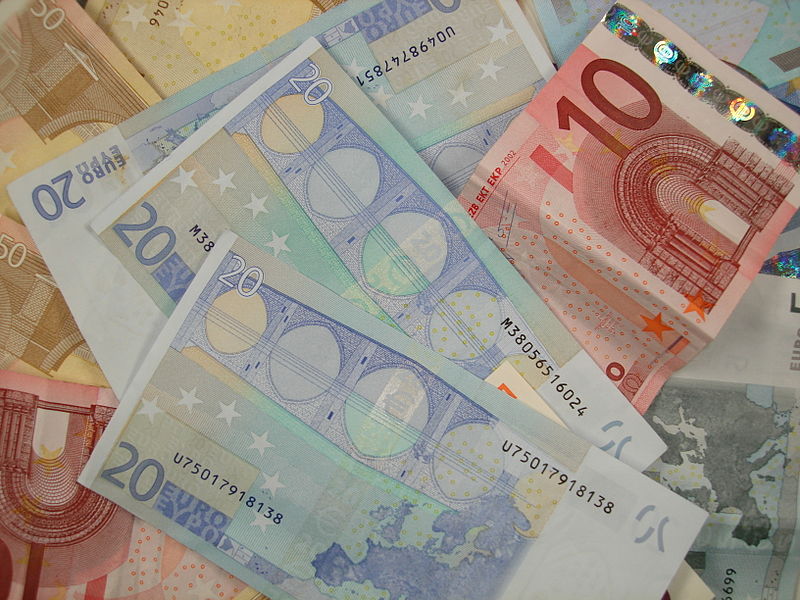
New research from the EU Tax Observatory reveals that billionaires in the Netherlands pay a smaller portion of their income in taxes compared to their counterparts in the US and France.
The agency's "Global Tax Evasion Report 2024" highlights efforts to combat tax evasion, particularly through automatic exchange of bank information among countries, which has significantly reduced offshore tax evasion since 2016.
However, the report also underscores a significant tax gap among billionaires. It states, "In countries where we have data, we see that billionaires pay much less taxes than ordinary citizens in proportion to their income." This disparity is most notable in the Netherlands, where low-income individuals pay an effective tax rate of over 40%. In contrast, the wealthiest 5% in the country pay well below that rate, and the 45 billionaires in the Netherlands pay less than 20% of their income in taxes.
Economist Gabriel Zucman, a contributor to the report, explains that this is achieved through the use of shell companies to avoid income tax. Instead of earning dividends and interest directly, billionaires channel their income through these shell companies, which allows them to evade individual income tax.
To address this issue, Zucman proposes a global minimum tax of 2% on billionaires' wealth.
The report also examines preferential tax regimes for high-income foreign workers in various European countries, such as the 30% ruling in the Netherlands. It notes that the Dutch, Belgian, and British regimes are the most popular, benefiting 92,000, 45,000, and 28,000 individuals, respectively. However, these figures are based on 2021 data and may have changed in the Netherlands.
In 2020, the 30% ruling cost the Dutch government €1.1 billion and provided nearly €12,000 in benefits to each recipient. This amount is lower than in many other EU countries.
The report also assigns a score of five out of ten to the Dutch scheme regarding its detrimental effects.
The 30% ruling allows expats with specific expertise and income levels to be exempt from paying taxes on 30% of their earnings for up to five years. Additionally, Dutch nationals who have lived abroad for more than 25 years are eligible to apply.
To qualify, individuals must be recruited from abroad and have resided more than 150 km from the Dutch border for over 16 months within the 24 months before their first working day in the Netherlands. They must also meet salary criteria, earning at least €41,954 in 2023 or €31,891 if they hold a master's degree and are under 30 years old. Scientific researchers or those working in scientific education have no minimum salary requirement and are frequently beneficiaries.
While the outgoing government has limited the maximum benefit in 2024 and reduced the duration of the 30% ruling from eight to five years, some political parties are considering further reductions in its benefits following the November general election. Pieter Omtzigt, the founder of the new party NSC, has expressed his intent to make changes to the ruling, emphasizing the impact of expats on the Amsterdam housing market. Photo by Lionel Allorge, Wikimedia commons.



































